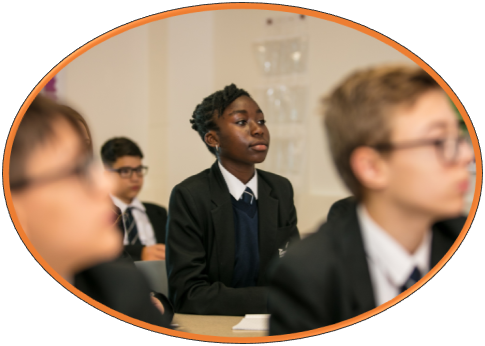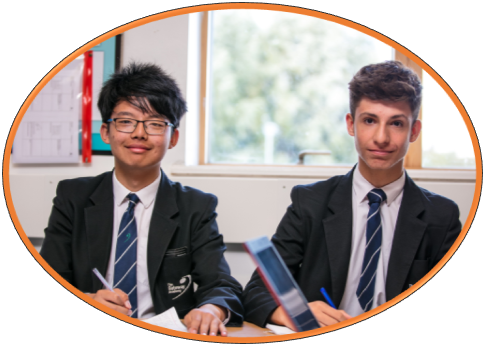Psychology

Curriculum Overview
 Psychology is the scientific study of the mind and how it dictates and influences our behaviour, from communication and memory to thought and emotion. It’s about understanding what makes people tick and how this understanding can help us address many of the problems and issues in our society today. The study of Psychology aims to establish proficiency in critical writing and an understanding of the scientific process which will equip students with these highly sought-after academic skills.
Psychology is the scientific study of the mind and how it dictates and influences our behaviour, from communication and memory to thought and emotion. It’s about understanding what makes people tick and how this understanding can help us address many of the problems and issues in our society today. The study of Psychology aims to establish proficiency in critical writing and an understanding of the scientific process which will equip students with these highly sought-after academic skills.
The curriculum is designed to utilise the literacy, numeracy and scientific skills acquired by students in other subjects lower down the school. We promote intellectual curiosity by encouraging students to ask their own questions about human behaviour. Our students subsequently have confidence in thinking critically which can be used in many contexts to understand human behaviour and to evaluate the validity of ‘truth’ within their education and wider society. The curriculum is highly applied to the real world and students are able to apply their knowledge of theories and research within the subject to their own life experiences, therefore using psychological knowledge to acquire a strong sense of self and an understanding of the behaviour of others. In our subject, students develop skills which enable them to effectively analyse arguments and think critically about new knowledge they are exposed to.
Intent
Psychology develops an understanding into how the mind can influence human behaviour as well as developing our students into well-rounded active citizens.
Implementation
Teachers will:
- Plan and deliver a scheme of work that will focus on the progression of skills, knowledge and understanding over time linked to the specific requirements of the exam;
- Adopt a wide range of engagement strategies [including the use of technologies] to motivate students and secure their learning;
- Provide opportunities for students to work independently, in pairs and in groups and to demonstrate what they can do in a range of contexts including: within the classroom and through the exploration of research methods;
- Develop strategies and support to ensure that all students:
- Develop the habit of reading widely and often, for both interest and information;
- Acquire a wide vocabulary beyond the academic keywords required for the exam;
- Appreciate the fascinating and diverse world of psychology.
- Develop strategies including effective modelling to ensure all students write clearly, accurately and coherently, adapting their response to appropriately address assessment objectives;
- Plan regular opportunities for students to engage in discussions about the issues and debates linked to each of the topics within our subject. Students will have the opportunity to make both informal and formal presentations with increasing sophistication as their subject knowledge develops, so that they can elaborate and explain clearly their understanding and ideas;
- Systematically plan and teach students to understand and use correct scientific vocabulary from a psychological perspective; to talk confidently and to apply their literacy and numeracy skills;
- Effectively integrating key knowledge about influential psychologists and key studies where most meaningful.
Impact
Students will:
- Develop a detailed knowledge of the world of psychology;
- Have a detailed knowledge of the fundamental approaches to psychology and will secure the skills needed to be a psychologist and as a result, will achieve well;
- Develop a lifelong love of psychology.
Staff:
| Names | Contact |
| Ms J Johnson | jennifer.johnson@theglc.org.uk |
| Mrs N Ullah | najima.ullah@theglc.org.uk |
| Ms A Clarke-Irons | abby.clarke-irons@theglc.org.uk |
GCSE EXAM PAPERS
Copies of GCSE exam papers on this subject can be found below. Please click on the title of each past paper to download, view and complete these. Be sure to review them for valuable practice and insight into the exam format.

